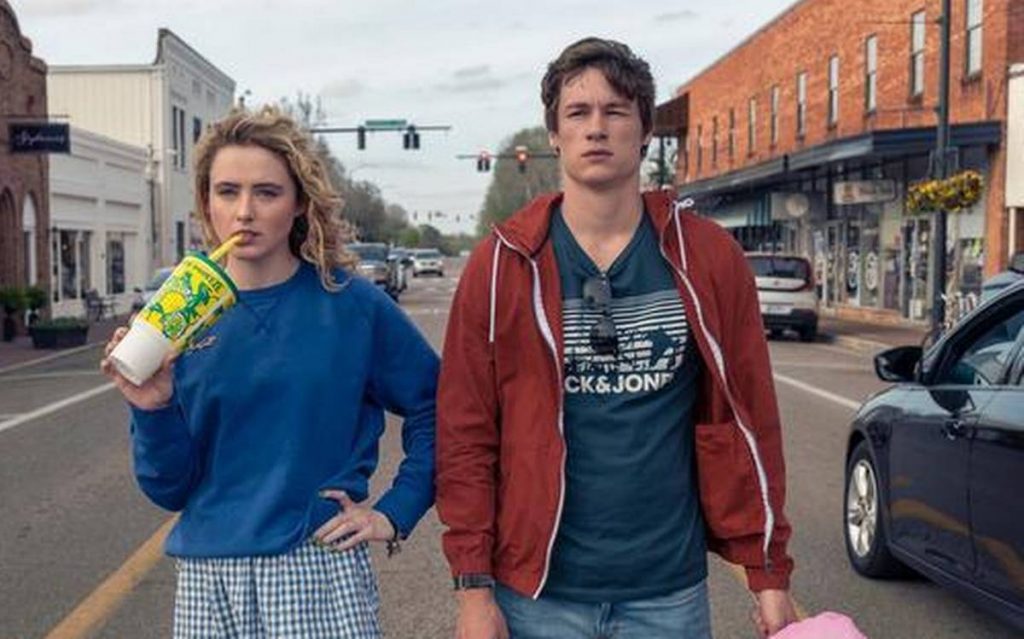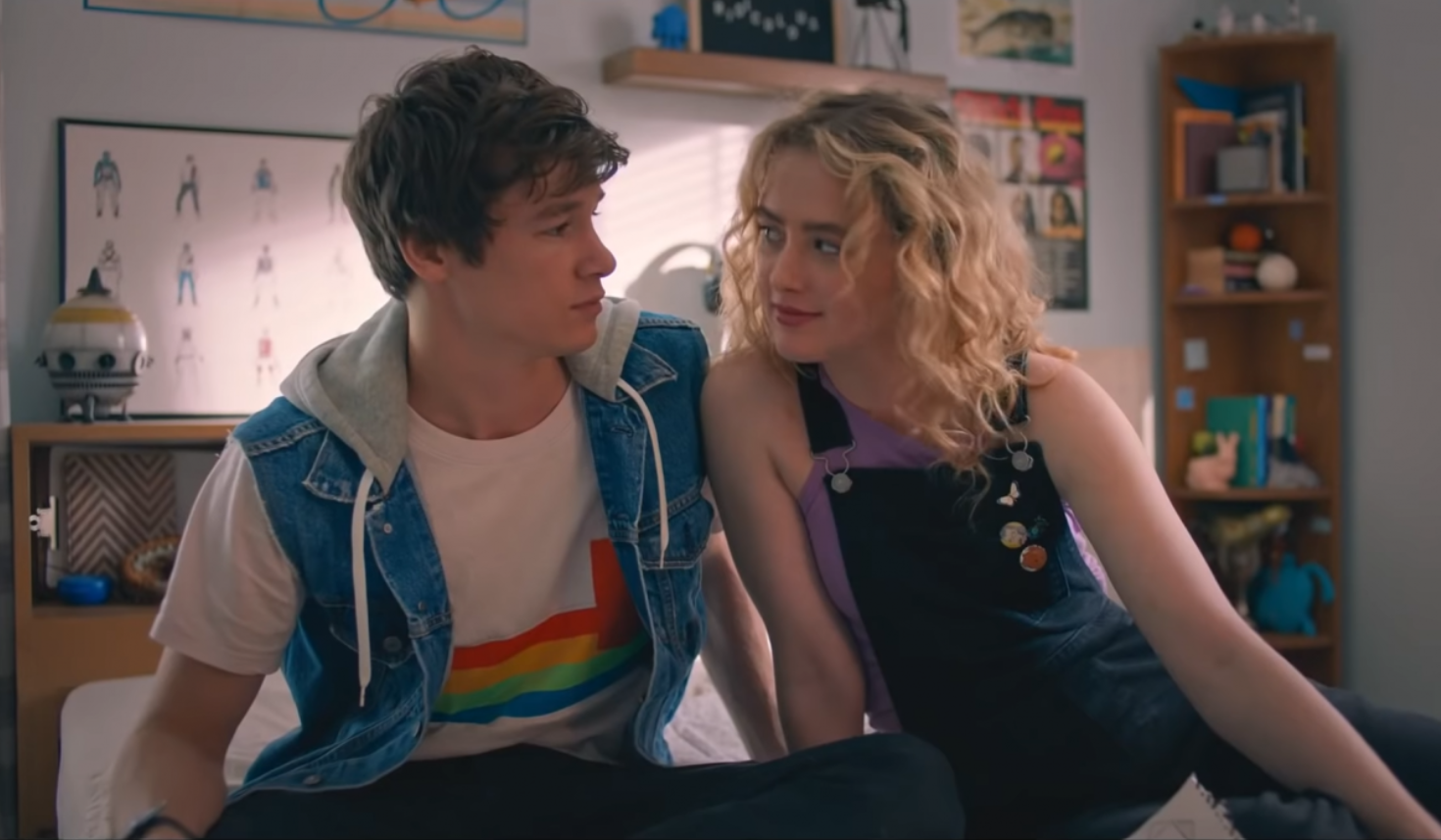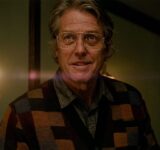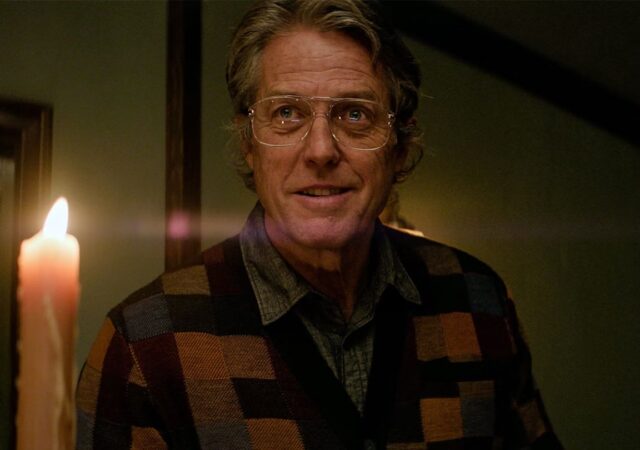When The Groundhog Day came out twenty-eight years ago, who would have thought it would launch a genre of time loop movies almost two decades afterwards? But that has indeed been the case: from slashers like the Happy Death Day franchise to romcoms like Palm Springs, the time loop genre is becoming increasingly more populated. Which makes it difficult for The Map of Tiny Perfect Things to make an impression. It’s concept has already been explored, even in the same genre. Still, it manages to carve out its space within the genre, thanks to its earnest take on timeloop romcoms.
By the time we meet Mark (Kyle Allen) he’s already well into the time loop, having memorized traffic routes and everything his dad and sister say and do in the morning. When trying to pick up a girl at a swimming pool, he meets another girl, Margaret (Kathryn Newton) who also seems to have free will. They start hanging out together and trying to figure out how to get out of the time loop. Mark comes up with the very YA-idea that trying to build a ‘map’ of perfect things happening around the town may stop the time loop. As the two embark on this cutesy quest, Mark starts falling for Margaret, but she doesn’t want to be anything more than a friend. And, it turns out, she doesn’t want to escape the loop, either.

Like most recent YA films, The Map of Perfect Tiny Things has that same self-possessed energy that drives its leads to explore the world and all its quirkiness. There’s plenty of pop culture references and, like Chemical Hearts before it, the female lead is dealing with trauma that prevents her from moving forward. Margaret isn’t quite as tortured, but there’s enough conflict between her and Mark to draw out the ‘will they, won’t they’ angle.
Newton’s performance is a layered, believable portrait of a young woman who is hiding pain behind the façade of a normal, easy-going personality.
The chemistry between the two is strong enough to make you look past the predictable plot. The narrative is genuinely optimistic; Mark arranges a moon landing setup for Margaret, who wants to work for NASA. It’s the kind of sweet gestures that only makes sense in movies. (Either that, or I am not exactly all that romantic.)
The film resolves everything in a mostly satisfying way. But the reveal at the end raises the question why the narrative wasn’t done from Margaret’s perspective. The Map of Tiny Perfect Things never really steps out of its bubble, and it doesn’t have to. It builds its own world and narrative, and the acting performances make it worth a one-time watch. It doesn’t do enough to revitalize the time loop genre, but it does enough to earn its place. Who knows, it just might turn out to have longevity with Gen Z teens.



























